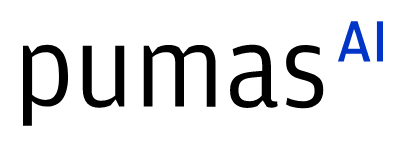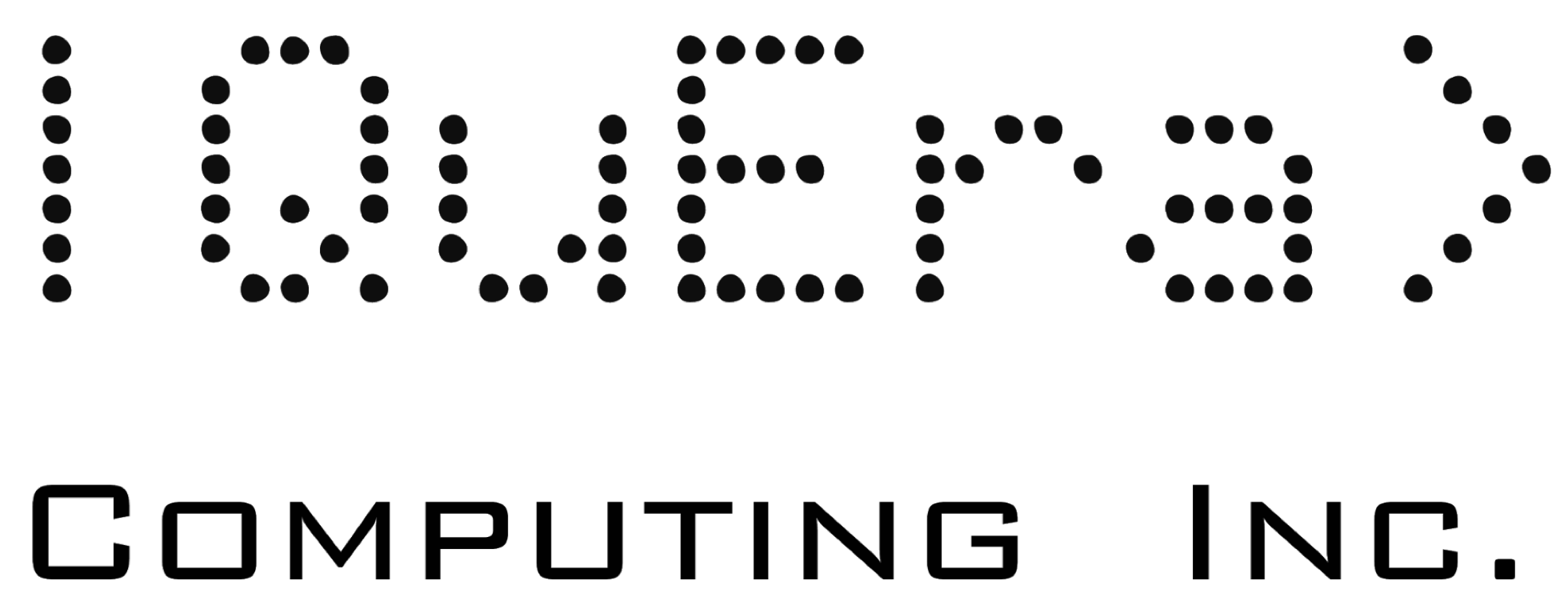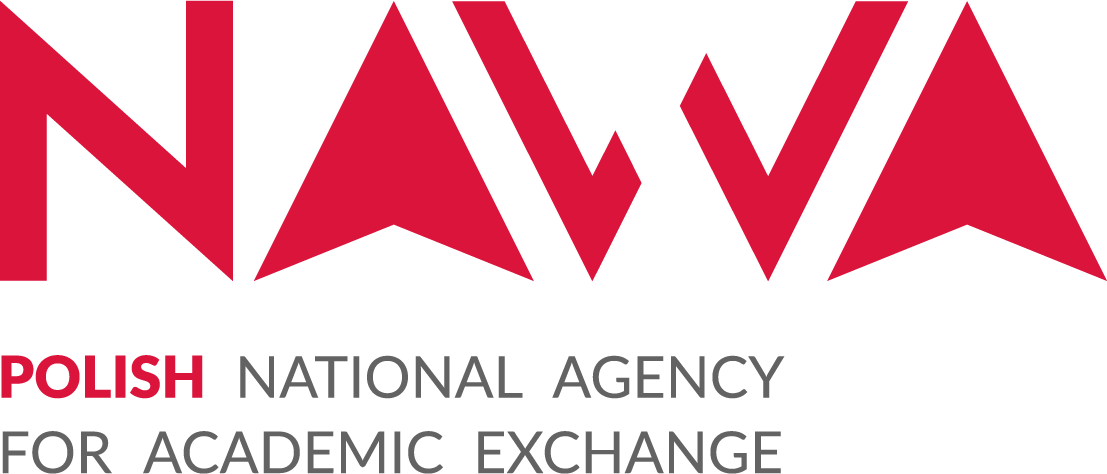Cédric Belmant
Cédric Belmant is an applied mathematician and programmer, with a strong interest in 3D graphics, geometry processing and application development. He believes the expressive power of the Julia programming language is key to building applications and tools with minimal complexity, and has been exploring ways to integrate computer graphics in the Julia ecosystem.
Talks:
15:30 UTC
Towards developing a production app with Julia
When starting a company built on mathematical concepts Julia seems like an obvious choice because of its capabilities for enabling rapid prototypes, rewrites, and pushing for performance early. This talk presents our journey to build a Julia production app. In particular, we present how we use a monorepo within a distributed team and how we set up our continuous-integration infrastructure. Finally, we introduce an open source project which aims to make it easier to write Julia serverless apps.
19:00 UTC
Geometric Algebra at compile-time with SymbolicGA.jl
Geometric Algebra is a high-level mathematical framework which expresses a variety of geometric computations with an intuitive language. While its rich structure unlocks deeper insight and an elegant simplicity, it often comes at a cost to numerical implementations. After giving an overview of geometric algebra and its applications, a Julia implementation is presented which uses metaprogramming to shift the work to compile-time, enabling a fast and expressive approach to computational geometry.
20:10 UTC
When type instability matters
Type instabilities are not always bad! Using non-concrete types, and avoiding method specialization and type inference can help with improving latency and, in specific cases, runtime performance. The latter is observed in inherently dynamic contexts with no way to compile all possible method signatures upfront, because code needs to be compiled at points of dynamic dispatch by design. We present a concrete case we face in our production environment, additional examples, and related trade-offs.
Platinum sponsors

Gold sponsors

Silver sponsors




Bronze sponsors



Academic partners

Local partners

Fiscal Sponsor
